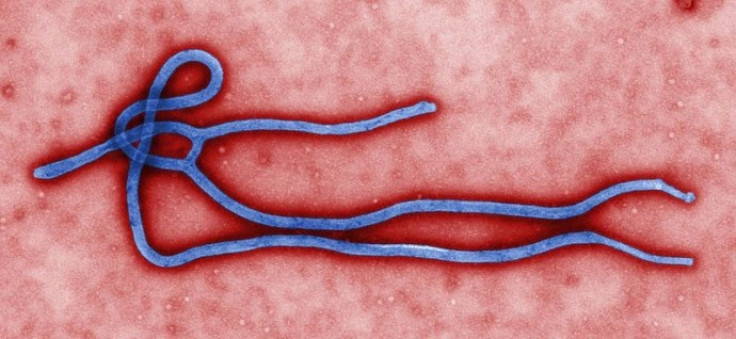Ebola: Inactivated whole virus vaccine protects monkeys and is safe says study

An inactivated whole virus vaccine has been shown to effectively protect monkeys exposed to Ebola.
The vaccine is believed to confer greater protection as it primes the host immune system with the entire set of Ebola viral proteins and genes, evoking a broad and robust immune response.
"In terms of efficacy, this affords excellent protection," explains Yoshihiro Kawaoka, a University of Wisconsin-Madison, a professor of pathobiological sciences in the UW-Madison School of Veterinary Medicine who led the study published in Science. "It is also a very safe vaccine."
The new vaccine has not yet been tested in people.
The vaccine was constructed on an experimental platform that allows researchers to safely work with the virus thanks to the deletion of a key gene known as VP30, which the Ebola virus uses to make a protein required for it to reproduce in host cells.
Early attempts to devise an inactivated whole virus Ebola vaccine through irradiation and the preservative formalin had failed to protect monkeys exposed to the Ebola virus.
Like most viruses, the Ebola virus has only eight genes and depends on the molecular machinery of host cells to grow and become infectious.
By engineering monkey kidney cells to express the VP30 protein, researchers were able to safely study the virus in the lab.
Whole virus vaccines have long been used to successfully prevent serious human diseases, including polio, influenza, hepatitis and human papillomavirus-mediated cervical cancer.
Most vaccines currently in trials have drawbacks in terms of safety and delivery, says Kawoaka.
These include DNA-based plasmid vaccine carrying Ebola proteins, another one which engineered chimpanzee respiratory virus to express a key Ebola protein, live attenuated virus from the same family of viruses that causes rabies, engineered to express a critical Ebola protein, and another based on a vaccinia virus.
Chinese study
Another Ebola vaccine developed by Chinese researchers has been found to be safe in the first phase of trial against the 2014 strain of the virus.
The experimental vaccine, developed by the Beijing Institute of Biotechnology and the Tianjin CanSino Biotechnology, provoked positive immune response with higher dose producing more antibodies.
Published in the journal The Lancet, the findings were not able to show whether the level of immune response observed would be sufficient protection against the Ebola virus.
"On the basis of our findings, we believe that the Ebola vaccine we assessed has some potential," said lead researcher Fengcai Zhu from the Jiangsu Provincial Centre for Disease Prevention and Control in China.
The vaccine is said to be stable and easy to store in tropical areas with inadequate cold storage available.
The Ebola vaccine was delivered by a virus-like structure known as a recombinant adenovirus type-5 vaccine.
© Copyright IBTimes 2024. All rights reserved.





